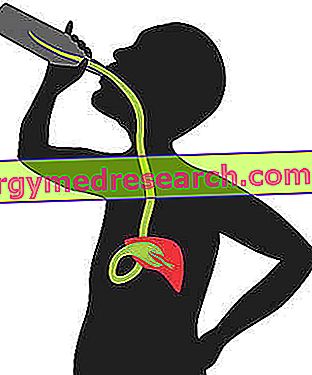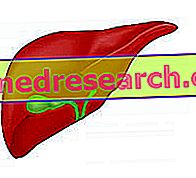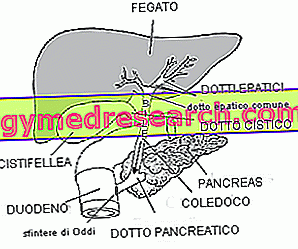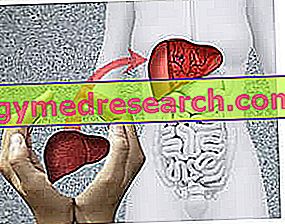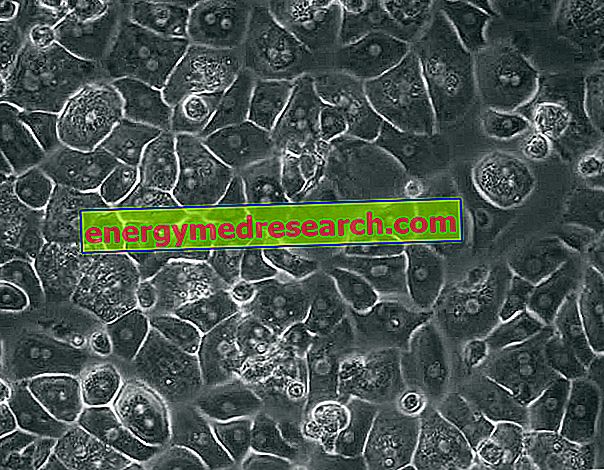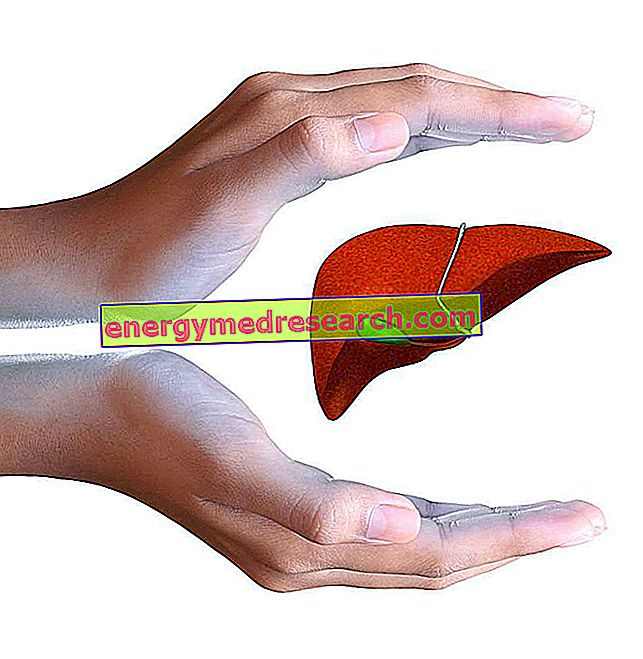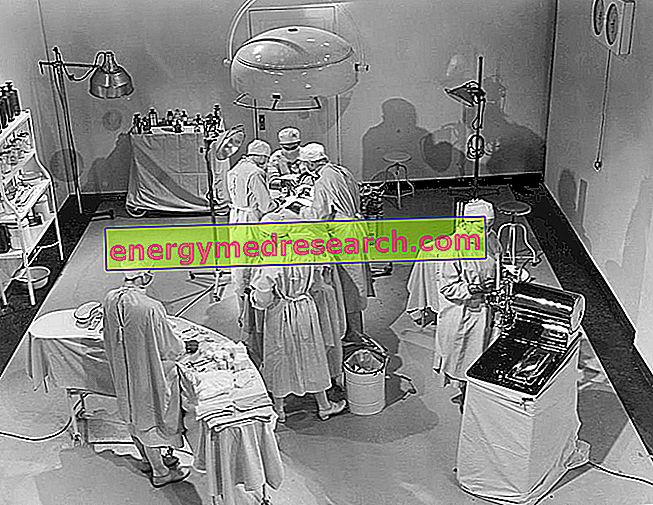Definition Hepatic congestion (or congestive liver disease) is a condition characterized by venous stasis spread inside the liver. In simple words, blood accumulates inside the organ since the hepatic veins do not perform their drainage function properly. Most often, hepatic congestion is the result of right heart failure
Category liver health
Generality Liver steatosis, known to most as fatty liver, is the most common and widespread alcoholic liver disease. This is a completely reversible condition that results in an accumulation of triglycerides in the liver . As a result, there is an increase in organ volume (hepatomegaly), which can give small signs of suffering from functional overload: diffuse pain in the upper right abdominal quadrant (liver tenderness), nausea and slight elevation of transaminases in the blood
What is Gilbert's Syndrome? Gilbert's syndrome is an inherited disorder of the metabolism of bilirubin, a yellow-orange pigment derived from the catabolism of aged or damaged red blood cells. This condition, described for the first time by Gilbert and Lereboullet in 1901, is quite widespread, so much so that it affects 5-8% of the Caucasian population
The bile ducts form an architected bile transport system. This liquid, produced by the cells of the liver and conveyed into the bile ducts in vessels of increasing caliber, is concentrated in the gall bladder and finally poured into the small intestine to favor the digestion of food lipids. We can therefore talk about intrahepatic bile ducts and extrahepatic bile ducts
Liver transplantation is a surgical procedure which replaces the irreversibly sick liver of an individual with a healthy liver from a donor. The donor is an individual who may have died recently or is living; in the latter case the donation of liver is only partial, but - given the enormous regenerative capacity of the organ - it can still prove to be equally effective
Hepatocytes are the characteristic cells of the liver, to the point that they constitute 80% of the liver volume and 60% of all the cells of the organ. In addition to composing the main mass of the liver, hepatocytes also represent the most active and functional part of the organ, as evidenced by their histological characteristics
Liver transplantation is the surgical procedure that is reserved for individuals with severe liver failure (usually due to cirrhosis of the liver ) and by which a liver is irreparably damaged by another healthy donor, coming from a compatible donor. Usually, the "new" liver is taken from a recently deceased donor ; however, there is the possibility of taking the sample from a consenting living person
Murphy's sign (John Benjamin Murphy, Chicago, 1857-1916) is a valuable aid in urgent clinical semeiotics, to assess the origin of an acute abdominal pain. The sign of Murphy typically becomes positive in the case of cholecystitis (inflammation of the gallbladder) and biliary lithiasis (gall bladder stones)
Liver transplantation is the surgical operation that is reserved for individuals with severe liver failure and by which a liver is irreparably damaged by another healthy one , coming from a compatible donor who has recently died or is still alive. We talk about liver failure when a person's liver no longer performs its normal functions due to the damage it has suffered
Liver transplantation is the surgical procedure which is reserved for individuals with severe epatic insufficiency (generally due to cirrhosis of the liver ) and by which a liver is irreparably damaged with another healthy , coming from a compatible donor . Usually, the "new" liver is taken from a recently deceased donor ; however, there is also the possibility of taking the sample from a consenting living subject
Existing in an acute form and in a chronic form and characterized by an alteration of the mental state, hepatic encephalopathy is a brain disease that occurs in the presence of liver failure . The term liver failure indicates a serious morbid condition, which derives from a liver that is irremediably damaged and incapable of performing various functions, such as protein synthesis or the elimination of infectious agents and toxins from the blood


